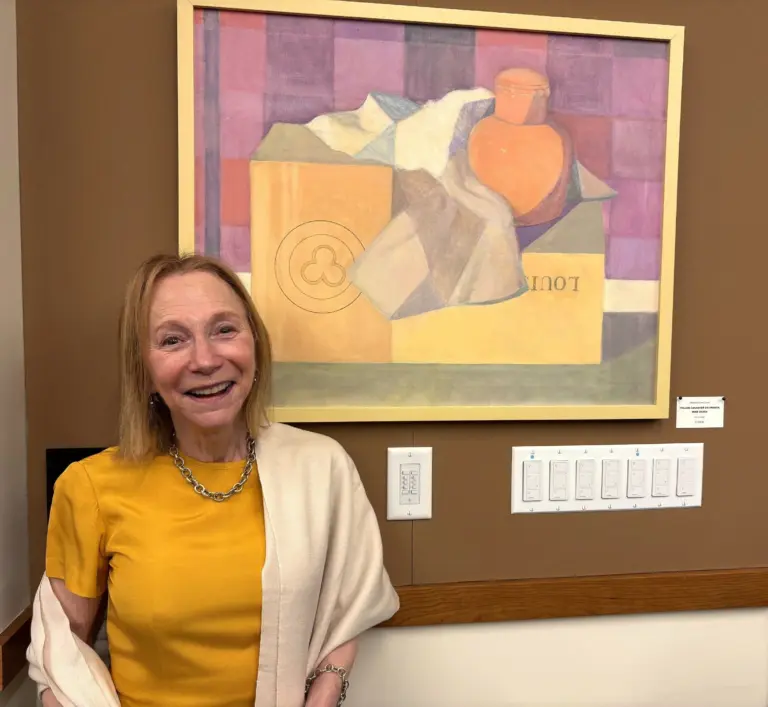By Rabbi Menachem Feldman
While walking in town recently, I noticed plaques affixed to some of the trees naming the type of tree. I am grateful to the Greenwich Tree Conservancy and the Department of Parks and Recreation for the plaques because I would never have known that my tree neighbors were a Pin Oak, Red Maple, and a London Planetree.
When I pass one of the plaques, I feel as if the tree is introducing itself, offering a figurative handshake, and asking me for my name. This experience reminds me of the Biblical verse “for man is a tree of the field.”
Judaism teaches that the human being is a microcosm of the entire world. The Kabbalah, the Jewish mystical tradition, explains that human emotions are likened to trees. Just as a seed grows into a full-grown majestic tree, so too, human emotions grow and mature over time. A child loves things that are small and immature; as the child grows, his love grows too. He desires things that are more expensive and more valuable.
A tree is stationary. While it does grow upward, it is rooted in one place and cannot migrate and implant itself elsewhere. Human emotions are similar; while one’s emotions evolve, the general emotional makeup of a person remains the same. Some people are more inclined to love, others to anger, some to compassion, others to jealousy.
The human mind, by contrast, is likened to a living animal. The animal is not planted in one place. An animal can travel great distances and explore great expanses. The human mind, too, can cross great expanses. The human mind is objective and can explore perspectives very different from its own. Emotions are centered in one place and are chiefly concerned with how the self feels. All stimuli is filtered through the lens of the question: “how does this make me feel.” The mind, by contrast, can escape the trappings of self, transcend the familiar perspective of one’s own inclinations and explore ideas foreign to his native environment.
The ability to think abstractly is unique to the human being. Yet abstract thought per se is not the superiority of man. Humanity has made great leaps forward in developing advanced sciences, culture, and philosophy. We have uncovered distant galaxies and subatomic particles; we have landed man on the moon and a rover on Mars. Impressive indeed. But does abstract intelligence alone make us better, kinder, more compassionate people?
The Bible is telling us that the greatest achievement of the human being is when abstract thinking affects the emotions. When the capacity to be objective allows him or her to see the needs of others and to relate to them with human emotion. “Man is the tree of the field” because abstract knowledge is valuable only to the extent that it affects the person we are. Our most significant achievement as a person is when our knowledge makes us into kind and caring people.




